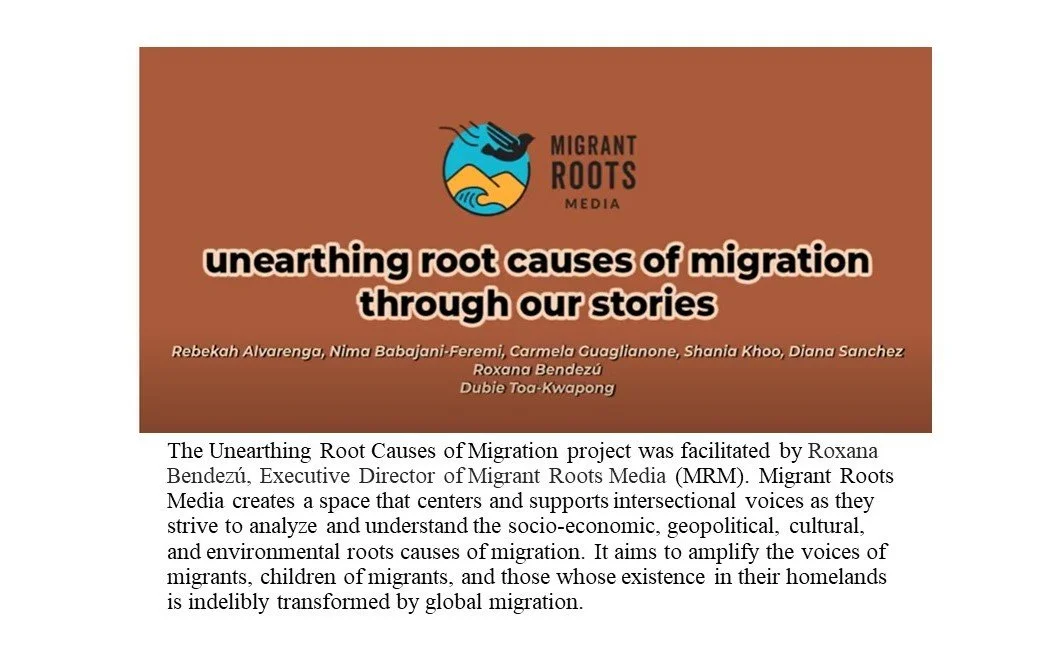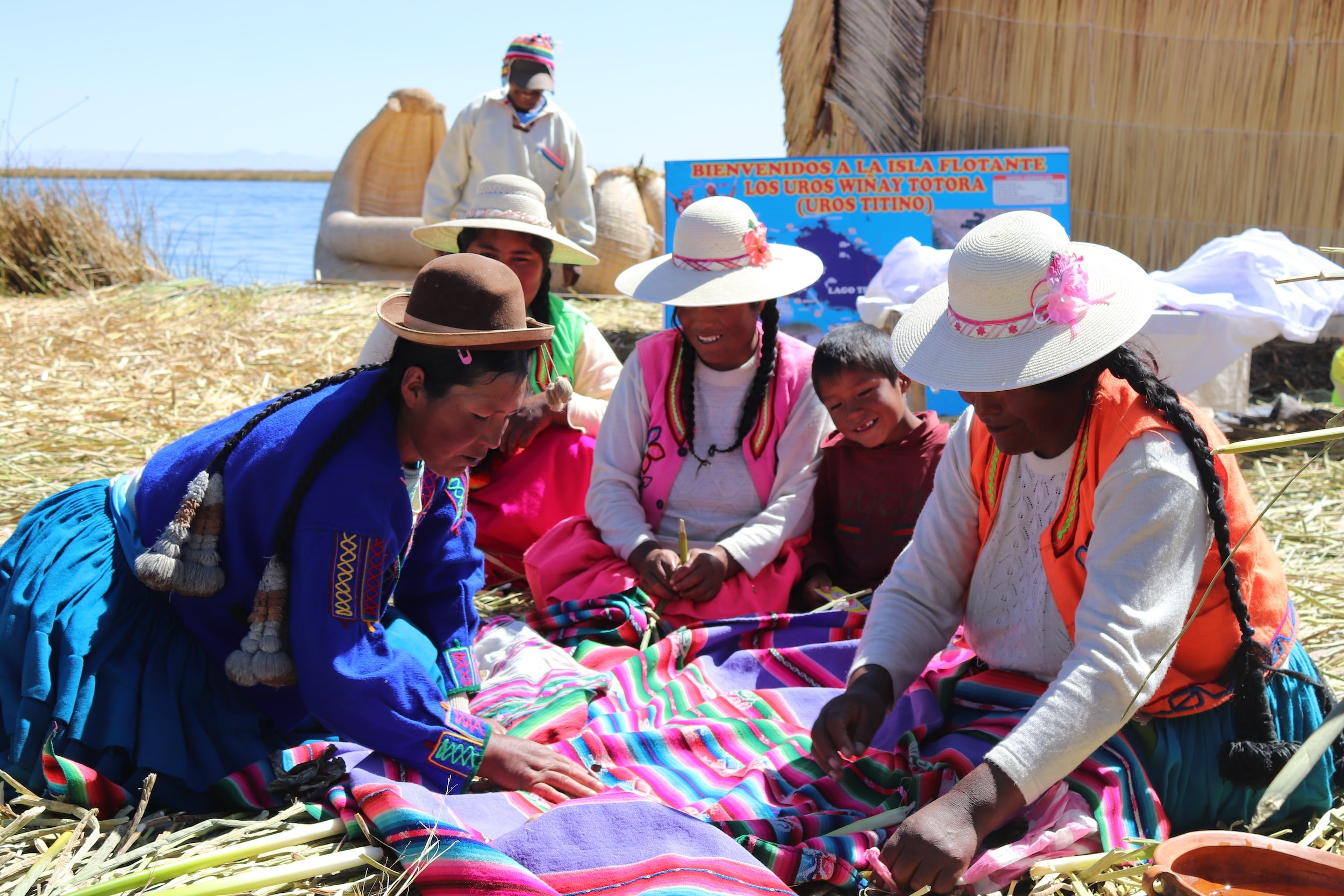Culture and Research Collection
Be inclusive, aware and culturally competent
The Methodspace focus for September 2022 was on culture and research. We explored issues researchers face when conducting inquiries within their own cultures, or in different cultures. We heard about the experiences of cross-cultural research collaboration, listening to the real stories, so we could learn how to overcome obstacles.
What is culture? Culture is difficult to define. Here are a few ways that researchers and theorists have described culture:
“Culture consists in patterned ways of thinking, feeling and reacting, acquired and transmitted mainly by symbols, constituting the distinctive achievements of human groups, including their embodiments in artifacts; the essential core of culture consists of traditional (i.e. historically derived and selected) ideas and especially their attached values.”
— Kluckhohn (1951)“Culture is shared mental software, the collective programming of the mind that distinguishes the members of one group or category of people from another.” — Hofstede (2001)
“Culture acts as a pattern in the way people perceive, relate to, and interpret information signals that influence both individual as well as group behavior.”— Goodenough (1994)
Entire fields of study are dedicated to explanations of culture, but even at a cursory level we can see that culture involves shared ways of thinking, perceiving, and understanding. Whether the context is a community, organization, or online discussion group, there are insiders who share those ways and outsiders who do not. Where do researchers fit… and how can they conduct research if they do not? Look at posts from September 2022 and from the Methodspace archives to find a variety of perspectives.
Use the code MSPACEQ422 for a 20% discount on SAGE research methods books, valid from 1 October – 31 December.
In the 50 years since hip hop started as African American street music and dance, it has become a global cultural phenomenon enjoyed across the world and studied by scholars. The resources listed here include ethnographic, mixed methods, content analysis, and case study research.
Interested in Indigenous methods? Find the webinar recording and related resources in this post.
Researchers often collaborate with community partners, as discussed in this guest post from PhD candidates from Duke University’s Cultural Anthropology and African American Studies programs.
Learn about the multidisciplinary and research-focused business writings from a Spanish perspective in the open-access Business Research Quarterly.
The co-editors of this important collection discuss research in an Asian context.
Learn and network with e/merge Africa!
Sometimes crossing cultural boundaries means collecting data from people who speak a language different from your own. This post includes an introduction and articles about translation of narrative data.
Find multidisciplinary historical and contemporary resources to use when researching Hispanic heritage.
This posts discusses a explanatory sequential mixed methods study to examine the uni-directional nature of teaching western-based leadership courses, the associated knowledge transfer, and the cultural factors.
Interested in cultural issues for researchers in global settings? Watch an interview with Safary Wa-Mbaleka and a webinar panel with Arceli Rosario.
An interview with authors of Social Statistics for a Diverse Society, who discuss how to use statistical techniques to understand pressing social issues.
The Pew Research Center conducted a far-reaching study about “Being Asian in America,” with 66 online focus groups in 18 languages. Find a documentary, recorded interviews, and details about the methodology in this post.
This post offers research examples in open-access articles about ethical, respectful, research with Indigenous people and communities.
Sometimes we cross borders as well as cultures, other times we find very different cultures in our own neighborhoods. Ethical issues carry more weight when languages, norms, and expectations are grounded in cultural identities. This collection of open-access articles offers insights into research ethics in cross-cultural studies.
A discussion of ethical issues from Maria Lahman, author of the forthcoming book Culturally Responsive Qualitative Research.
Open-access articles about cultural issues and implications for evaluative studies.
Interdependence counters isolation some feel as indie researchers and scholars. Friendship helps, as discussed in this video conversation.
Watch the recorded “Understanding cultural issues in research design” webinar and find relevant resources.
Dr. Safary Wa-Mbaleka discusses what he has learned from conducting research and teaching methods in the US, Asia, and Africa.
How can you conduct research in cultures different from your own? See this collection of open-access articles for ideas.
We received many questions in this lively webinar. Watch the recording and read the panel’s responses in this post.
View the “Equitable Research Partnerships” webinar recording and read related resources materials.
To do international research equitably requires a change to mind-sets and a change of established practices that have come under scrutiny for being unfair, exploitative, and non-inclusive.
























SAGE MethodSpace partnered with Prepared to Zoom into the meeting and hear selected delegates provide statements on the difficulties of research during global crises and suggestions on how stakeholders can work together better in the future. View the recording!